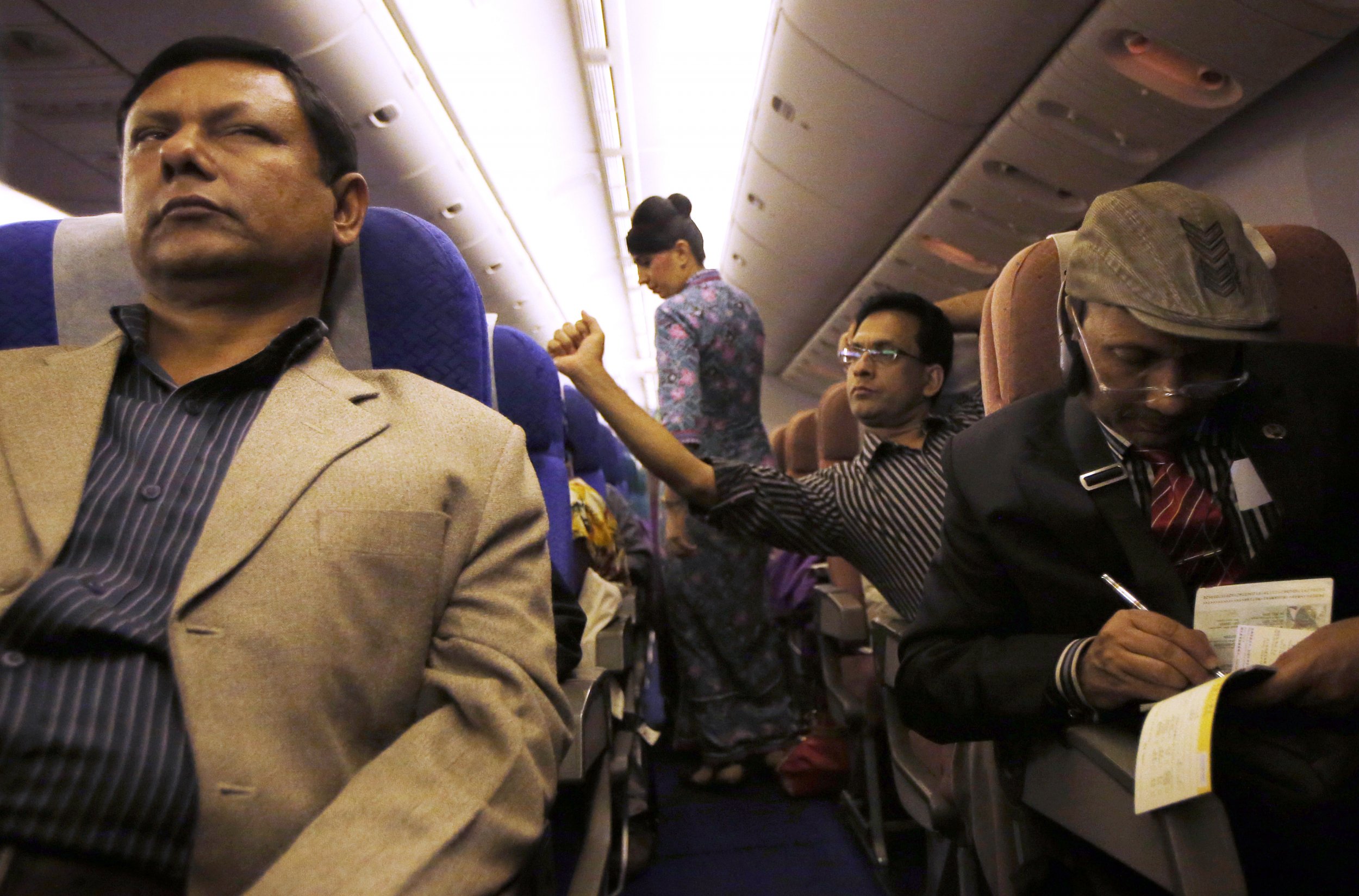
Consultants who commute to distant cities by air every week, business executives who hop on planes to take meetings around the world, and others whose work requires constant movement are often perceived to be leading glamorous lives. Jet-setting is a symbol of success, being connected, and having attained high social status. But such frequent travel is accompanied by frequently overlooked downsides.
In a study recently published in the journal Environment and Planning A, Scott A. Cohen of the University of Surrey in England and Stefan Gössling of Lund and Linnaeus Universities in Sweden reviewed and synthesized previous research to shed light on both the glamorization and detrimental effects of hypermobility. The researchers found that "the brighter side of hypermobility is persistently glamorized in contemporary discourse, with the darker sides largely overlooked and ignored, and even made invisible."
The subjects of the paper are a relatively small group of "mobile elite" who tend to have high incomes, access to health care, and quality housing, and who account for a disproportionate amount of distance traveled. For example, 5 percent of France's population accounted for as much as half of overall distance traveled by French residents while in Sweden 3 percent of the population made roughly a quarter of Swedes' international trips. Business travel also skews very male-heavy, with one study indicating that 77 percent of U.S. citizens on business trips in 2002 were male.
The consequences of frequent travel, the researchers say, can be broken down into three categories: physiological; psychological and emotional; and social.
The first of the three includes jet lag, or the disruption of the body's circadian rhythms. Citing several studies, the researchers explain that jet lag can cause fatigue and gastrointestinal problems, and can also influence genes linked to aging and the immune system, increase the risk of stroke or heart attack and, in its chronic form as demonstrated by a study on cabin crew, cause cognitive deficits like memory impairment.
Air travel also increases the risk of deep-vein thrombosis, or the formation of a blood clot often in the legs, and it exposes passengers to germs. Those who fly far and frequently are also exposed to high amounts of radiation, with one study showing that commercial air crew's having more exposure than nuclear power workers. Frequent business travelers also have fewer opportunities to exercise and tend to exhibit worse eating habits while in transit than at home.
Travel also has a psychological and emotional impact. Stress can set in while preparing and making arrangements at home and work before trips. In addition, business trips are not usually associated with a reduced workload and can create extra stress about about tasks accumulating while away.
Meanwhile, flight delays can cause anxiety and fatigue, as can the need to navigate new environments and cultures while under time constraints. Overall, constant movement can be disorienting and lonely, the researchers write—so much time spent away from home and family can be isolating for both those who travel and those who are left behind.
Relationships with family, friends and community can also end up damaged by excessive travel. One study found that a child's behavior can worsen when a parent spends extended periods of time away for business travel. Other research showed that frequent trips create an imbalance in domestic duties and child care. Since men constitute a majority of business travelers, that most often ends up creating additional domestic burdens for women. Time at home between trips is often spent recuperating from fatigue and otherwise with immediate family, leading friendships and other social networks to weaken.
Since frequent travel is becoming more common, the researchers write, the negative effects could begin to impact a broader population. In addition, they view the focus on glamor of frequent travel as a barrier to behavior change and believe evidence to the contrary could help. Their work and further research in this direction, they hope, could alter the current situation.
Uncommon Knowledge
Newsweek is committed to challenging conventional wisdom and finding connections in the search for common ground.
Newsweek is committed to challenging conventional wisdom and finding connections in the search for common ground.
About the writer
Stav is a general assignment staff writer for Newsweek. She received the Newswomen's Club of New York's 2016 Martha Coman Front ... Read more





